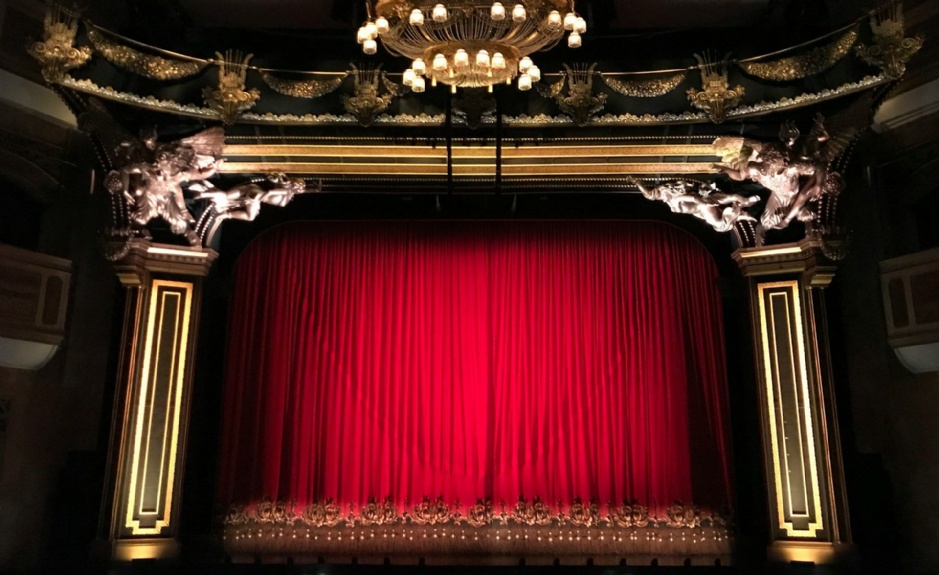Why Drama Is More Than Just a Play

With the Senior production of ‘The Wind in the Willows’ just around the corner – and the Year 5 and Year 3 production of ‘Omelette!’ not too far behind us – I thought it would be a suitable time to take readers back to their own school days and reflect for a moment on what makes the coming together of a drama production such an important experience for the children involved.
There is a special kind of electricity in the final days before opening night of a school drama production. It hums in the air as lines are polished, props find their final places, and young actors step into the skin of their characters with growing conviction. (Although, in the case of Toad, Mole and Ratty, let’s hope that’s not too literal…) To an outsider, it might seem like simple preparation – a last push before an audience arrives. But to those inside the production, this is a moment of alchemy, where discipline and creativity merge, and where individual effort is transfigured into something grander: a collective act of storytelling.
For the boys involved, these final rehearsals are an initiation into something invaluable. They will have felt the camaraderie of a shared endeavour, where success is contingent on trust – trust that a scene partner will remember their cue, that a prop will be where it should be, that the lighting team will lift a moment with a perfectly timed fade. Few experiences in school life rival the deep joy of working towards something larger than oneself, where everyone, regardless of their role, is indispensable to the whole.
There are nerves, of course. There is the last-minute panic of a misplaced costume, the moment of horror when a crucial line momentarily vanishes from memory. But these small doses of stress are not only inevitable; they are instructive. They teach the boys the subtle art of managing pressure, of breathing through a moment of anxiety, of steadying themselves and pushing forward. The beauty of theatre is that it provides a safe environment in which to experience the intensity of nerves without the stakes being too high – offering a rehearsal for the kind of resilience that will serve them well far beyond the stage.
And then, finally, the curtain rises. A transformation takes place: the once-daunting words on the page become living dialogue; the hesitant gestures from early rehearsals turn fluid, expressive. There is a rare and thrilling feeling of being fully present, of standing before an audience and holding their attention. The boys discover that performance is not about showing off, but about connection – about making an audience feel something real.
And then, almost as soon as it began, it is over. The final bow is taken, the applause washes over them, and the production that has consumed so many hours of effort is suddenly behind them. There is a strange, bittersweet elation – a joy that is tinged with the gentle sadness of something wonderful coming to an end. But in the wake of the final performance, something lingers: a newfound confidence, a strengthened voice, a deeper appreciation for the power of teamwork.
In the world of education, drama is often considered an ‘enrichment’ subject, an addition rather than a foundation. Yet this underestimates its significance. To stand on stage is to practise oracy, to hone the ability to speak clearly and convincingly. It is to build confidence – not the shallow confidence of bravado, but the assurance that comes from having experienced the fear of failure and moved through it. It is, perhaps most importantly, to learn what it means to work alongside others, to listen, to adapt, to contribute.
For the boys who step onto the stage, the memories of these moments will linger long after the final bow. Not simply because they put on a play, but because, in doing so, they learned something essential about themselves, about others, and about the profound wonder of collaboration. I truly hope this is what the boys feel they experience next week.
Tim Butcher
Headmaster








